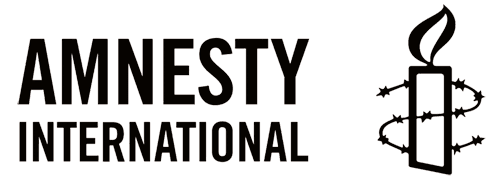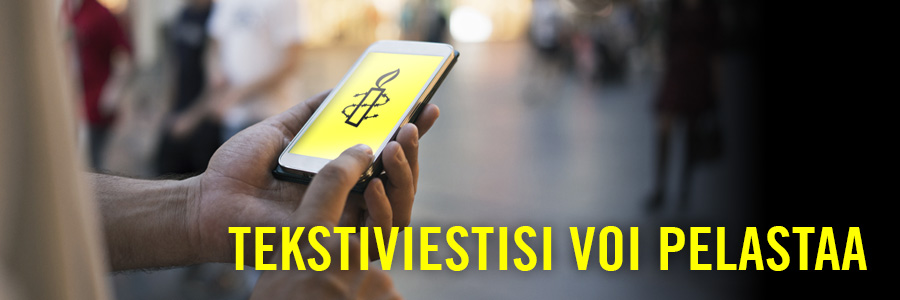Päivitys 9.4.2025: Human rights defender Fidel Zavala was transferred on 2 April to Mariona prison where the guards, he accused of torturing and ill-treating people in detention, work. This puts his life and personal integrity at immediate risk.
Mr. Nayib Bukele,
I am writing to express my deep concern over the detention of Fidel Zavala, spokesperson for the Unidad de Defensa de Derechos Humanos y Comunitarios (UNIDEHC), as well as the raid on the organization’s offices and the home of its director, lawyer Ivania Cruz. UNIDEHC has played a key role in exposing serious human rights violations, particularly those linked to the state of emergency. These events are alarming, as they appear to be part of a broader strategy to criminalize human rights defenders in the country.
According to available information, these actions took place shortly after UNIDEHC supported a complaint before the Procuraduría para la Defensa de los Derechos Humanos regarding the detention of community leaders from La Floresta, who have been fighting against the forced eviction from their lands. Following this complaint, at least 20 more individuals from this community have reportedly been detained, heightening concerns about increasing repression against those advocating for land rights and community organizing.
Moreover, the detention of Fidel Zavala appears to be a direct act of retaliation and intimidation due to his work in documenting and denouncing torture, deaths, and other abuses in prisons under the state of emergency. His testimony has been crucial in exposing these violations both nationally and internationally, raising serious concerns that his arrest is intended to silence his work and discourage further reporting of state abuses. His detention places his physical and psychological well-being at serious risk.
Given the gravity of this situation, I urge you to take immediate action to ensure the physical integrity and due process rights of Fidel Zavala and all individuals detained in connection with the La Floresta case. It is imperative that they are not subjected to inhumane detention conditions or violations of their right to defense. It is crucial to prevent Zavala from being placed in the custody of officials he has previously denounced for torture and deaths in detention centers.
Furthermore, I strongly urge you to take all necessary measures to ensure that human rights defenders, community leaders, and civil society organizations can carry out their work without fear of reprisals. This includes ending the misuse of criminal law to persecute and criminalize the legitimate defense of human rights.
Taustatietoa
The detention of Fidel Zavala and more than 20 community leaders from “La Floresta” is part of a broader context of escalating state repression against human rights defenders and activists in El Salvador. Since the implementation of the state of emergency in March 2022, authorities have adopted measures that reflect a widespread pattern of state abuse, including thousands of arbitrary detentions, the systematic use of torture in detention centers, and hundreds of deaths in state custody.
Fidel Zavala, spokesperson for the Unidad de Defensa de Derechos Humanos y Comunitarios (UNIDEHC), has played a crucial role in exposing human rights violations within Salvadoran penitentiary centers. In 2024, he filed a formal complaint against prison authorities, including Osiris Luna, the Director General of Prisons, for torture and other abuses committed under the state of emergency.
The community of “La Floresta,” located in San Juan Opico, La Libertad, has been facing eviction threats that could displace over a hundred families, many of whom have lived in the area for more than a decade. UNIDEHC has provided legal support to the community in its struggle for land and territorial rights. The recent arrests of community leaders, along with the raids on UNIDEHC’s offices and the home of its director, Ivania Cruz, have been denounced by social organizations as “political persecution” and an attempt to criminalize human rights defense in the country.
Amnesty International has raised concerns about the deterioration of human rights in El Salvador, warning that the legal reforms introduced since 2022, and the consolidation of a repressive security model have effectively dismantled the right to a fair trial and due process guarantees.
The organization has also documented an increase in state actions that undermine freedom of expression and association, alongside restrictions on the right to peaceful assembly, public participation, and access to public information.
The main targets of these repressive tactics have been human rights defenders, activists, independent journalists and media outlets, civil society organizations, trade unionists, and judicial officials who have demonstrated independence and adherence to legal principles and the rule of law. The most alarming incidents—within a context of suspended rights—have involved the use of the state of emergency to criminalize critical voices, particularly those advocating for land and territorial rights, natural resources, labor rights, and community cohesion.
The current situation in El Salvador reflects a disturbing trend toward the repression of critical voices and the erosion of civic space, placing at risk the essential work of human rights defenders and their efforts to build a more just and inclusive society.


